A shared passion for experimentation and love for music has led the German jazz combo Web Web to Plexus Plexus, their sixth album in seven years. Web Web initially formed with the intention of being a secret band, hiding their identities and releasing music behind a ruse of unearthed jazz sessions from the 1970s. The ensemble of Roberto Di Gioia, Tony Lakatos, Christian von Kaphengst, and Peter Gall has revealed not only their identities but also their take on styles ranging from krautrock, acid jazz, and ambient soundscapes to the world.
Plexus Plexus features guitarist JJ Whitefield of the Poets of Rhythm, which NPR once described as "a troop of German James Browns." His additions to the project channel the crossroads of Afro-roots funk and otherworldly psychedelia that Web Web achieve on their newest record.
The group's genius does not stop with their prominent careers and passion for music, however. The various styles covered within Plexus Plexus and its deeply contrasting dynamics are the result of only two extended improvised jams, which have been trimmed to form these fourteen tracks. Listening to the album, it is almost inconceivable that these are all simply pieces of two extended improvisations. "The Madness of Ajax" and "Sun-Hero" are bouncy, riff-forward songs with funky and danceable qualities. Contrast these, for example, with the sleek and introspective "Morning Ritual" or "Infant at the Time." Another highlight is the droning "Sha-Sa-Vish-Nu-Ka-Di," which feels like a masterful cross-pollination between Sunn O))) and early seventies Miles Davis.
I spoke with Roberto Di Gioia via email from Germany about Plexus Plexus, how Web Web approaches improvisation, and the group's philosophy on serving the music instead of one's ego. This conversation has been edited for clarity and length.

Sam Bradley: What was the first instrument you picked up, and what inspired you in the early days of learning music?
Roberto Di Gioia: I got a little Bontempi keyboard when I was four years old. I still have it, by the way. The most important music I listened to when I was five or six years old was "My Sweet Lord" by George Harrison. Whenever this song was playing on the radio, I would run into the kitchen and tell my mom to make it louder. The bass player on that record was Klaus Voormann, the guy who painted the famous Revolver album cover for the Beatles. Klaus lives near Munich, and I recently had the chance to meet him. I almost cried when I told him that the reason I became a musician was this song that he played on.
Sam: How did Web Web form, and what's the philosophy behind collaborating with different guest musicians?
Roberto: The band actually formed in 2016. I had been mentally away from playing jazz for around eight years, having worked with many pop guys. After that period, the band kind of evolved by itself.
By including JJ Whitefield on Plexus Plexus, we had one of the most important figures of krautrock in the world. He is a guitar player, but he doesn't play like any other guitar player. He goes along with music, and what happens in this moment. He does not think, "Now it's my turn, I will show you how good I can play on this song." He is totally altruistic. It was very easy to play with him, since he—like all of us in Web Web—is a servant of the music.
Sam: Do you think that this changing approach to the lineup has its strengths in terms of creativity?
Roberto: I definitely would say yes. The less prepared you are, the more you focus and concentrate on what is happening in the moment. The funny thing is that we are not a working band. We see each other once a year, record an album, and everyone goes their own way.
Sam: Can you walk me through how the compositions are created for Web Web?
Roberto: Just by telling everybody in the band, "Do not think about anything. Play what our spirit together brings forth."
Sam: Could you give me a brief description of the gear you used on this record?
Roberto: In the studio, we recorded with a Fender Rhodes. I don't know what type of guitar JJ played, but I brought my EMS Hi Fli for him. Of course, some other basic instruments we recorded in the studio were flutes, saxophone, a Fender Precision Bass, and a small jazz drum set. At home, I recorded a Hohner Symphonic 30 tube organ, a Yamaha YC45d organ, an ARP Axxe Synthesizer, and some percussion.
Sam: Some tracks like "Sha-Sa-Vish-Nu-Ka-Di" feel like snippets of a much longer jam. How important was improvisation in these sessions?
Roberto: It was all improvisation. And yes, these were longer songs. We only played two songs for the whole album. One was forty-five minutes long, the other one thirty-five minutes. Out of these two long improvisations, we cut out certain parts that sounded like a beginning and an end.
Sam: Has there ever been consideration to release the full-length, unedited recordings as a record?
Roberto: No. Honestly, many parts are too long and boring. If I had an idea and the bass player needed five minutes to understand the harmony sequence that I had spontaneously given, it would be very exhausting for the listener to be part of the process.
I think of it like some long-winded films in the seventies, for example, by Andy Warhol, where you can watch him sleep for seven hours. The concept is fascinating, of course, but I don't think you watch something like that in full length these days.
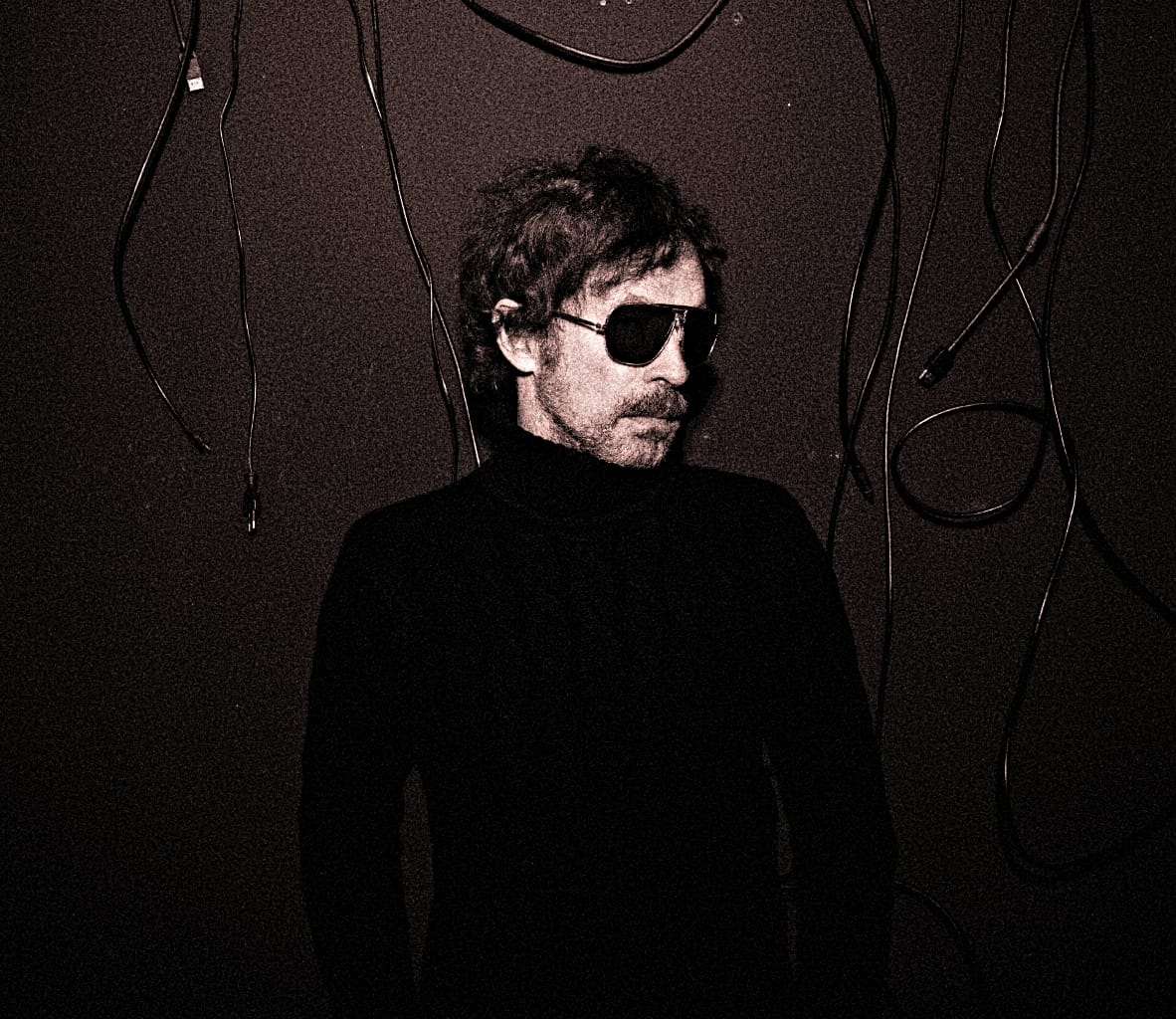
Sam: Plexus Plexus seems to incorporate a wide range of different music styles. "Garden of Hesperides" gets into an ambient space while "Sun-Hero" maintains more of a groove. What do you feel is the glue that ties Plexus Plexus together as a record?
Roberto: Spirit. Love for the music we love. And, actually, I stopped thinking or feeling in terms of styles. The music is within us; all the music I've listened to for the last fifty-six years is always there. I automatically extract what I need.
Sam: The album description mentions that Plexus Plexus is "more psychedelic, sometimes more krauty than before." In the United States, the term “krautrock” has somewhat vague usage. What does that phrase mean to you?
Roberto: I think—musically—krautrock means something along the lines of breaking a musical form of a three-minute song into extended, wild, and psychedelic improvisations over certain patterns. Spiritually, it is even more than just a style. It is a form of living, a state of being.
Sam: Do you have a favorite song on the record?
Roberto: I never listen to my music. Why should I? But having gone through the record to answer, I would say "Sacred Tree." It is very cinematic and could be a soundtrack.
Sam: Is playing live something that you enjoy, or is studio time more rewarding?
Roberto: I actually don't enjoy playing live. I always feel like I'm being watched on stage. I have the whole arrangement in my hands and can control emotions with it, therefore also manipulating people with the way I play something on the piano. I don't particularly like that kind of power personally. I'd rather concentrate on the music that comes out of me, which I can do best alone at home in my studio, where I don't have to pay attention to other factors and influences that affect me. I never want to use the music; I have to serve the music. It's like a newborn baby—you have to be very careful with it, see what it needs. Does it want to sleep? Does it want something to eat? That's how I treat music.
Sam: Are there any other mediums, aside from music, that have inspired you throughout your career?
Roberto: Actually, no. (laughter)
Sam: Is there any particular feeling you want listeners to take away from your music?
Roberto: Yes. Please listen to real artists. Listen to real and good music, played by artists who give everything to you.
Check out more like this:
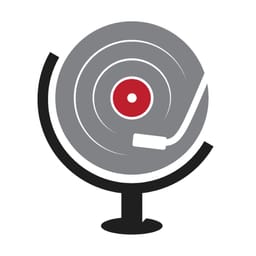 The TonearmLawrence Peryer
The TonearmLawrence Peryer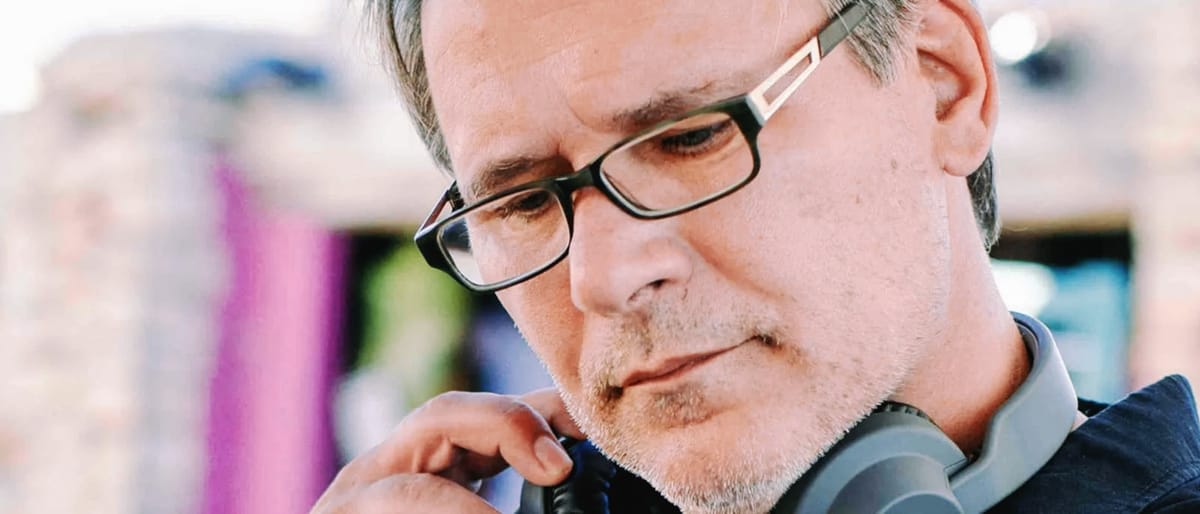
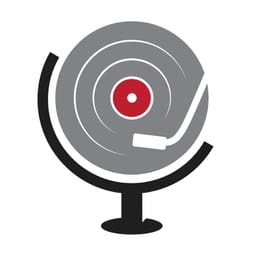 The TonearmLawrence Peryer
The TonearmLawrence Peryer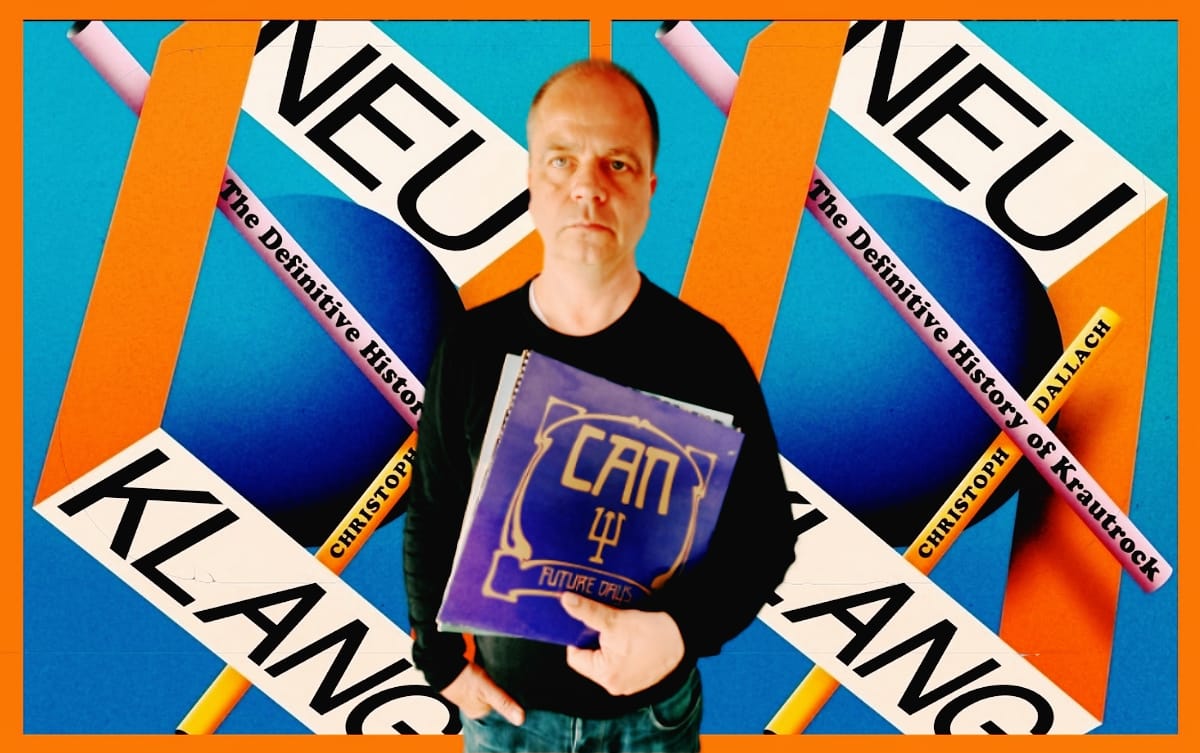


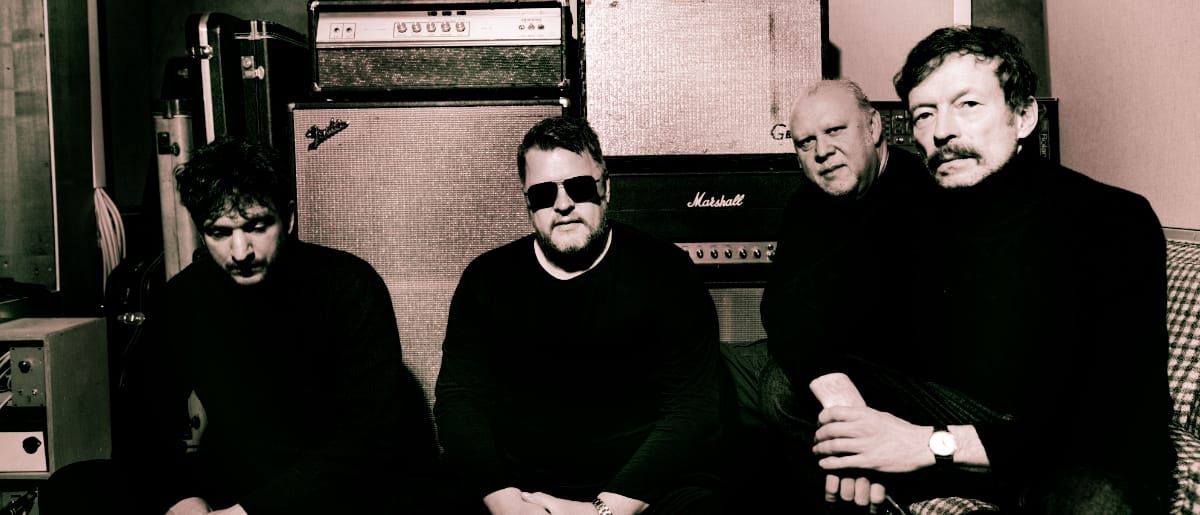
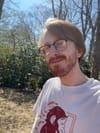
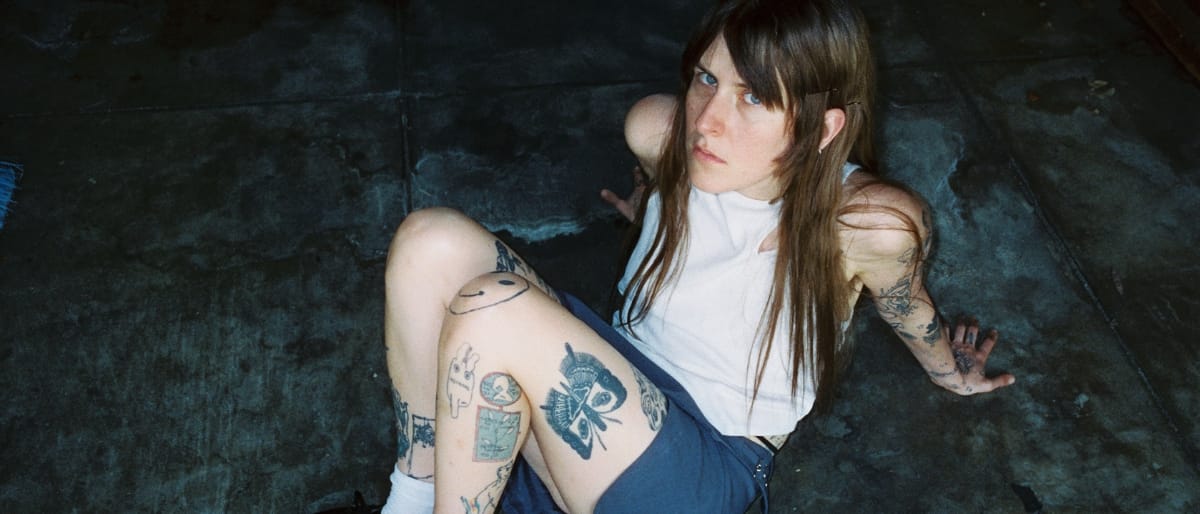
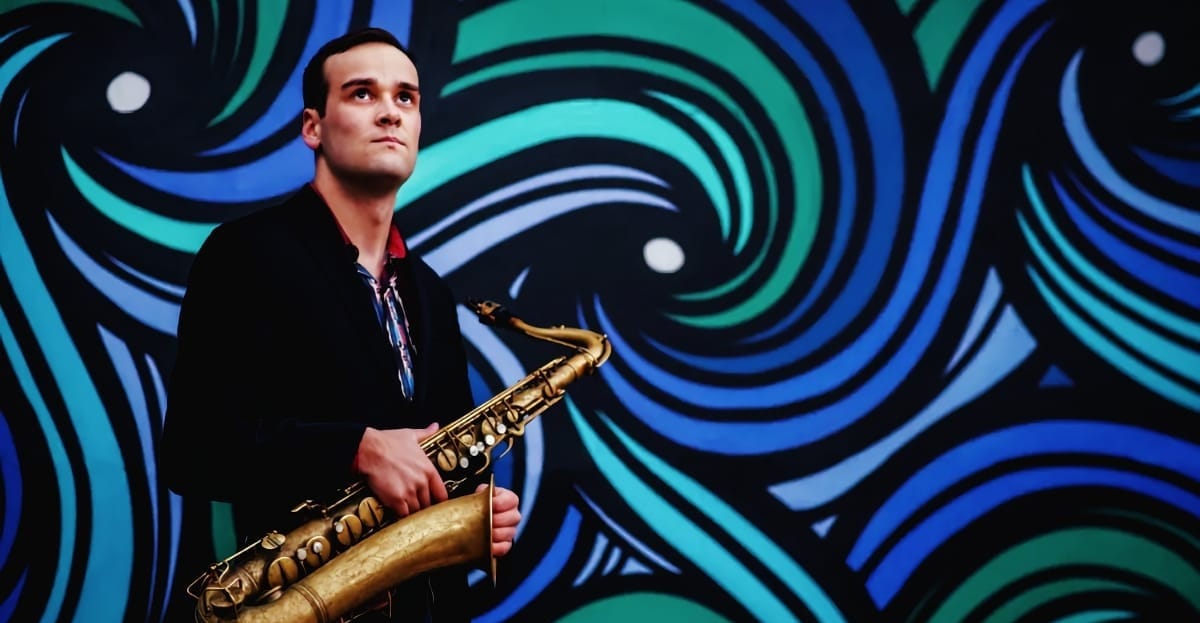
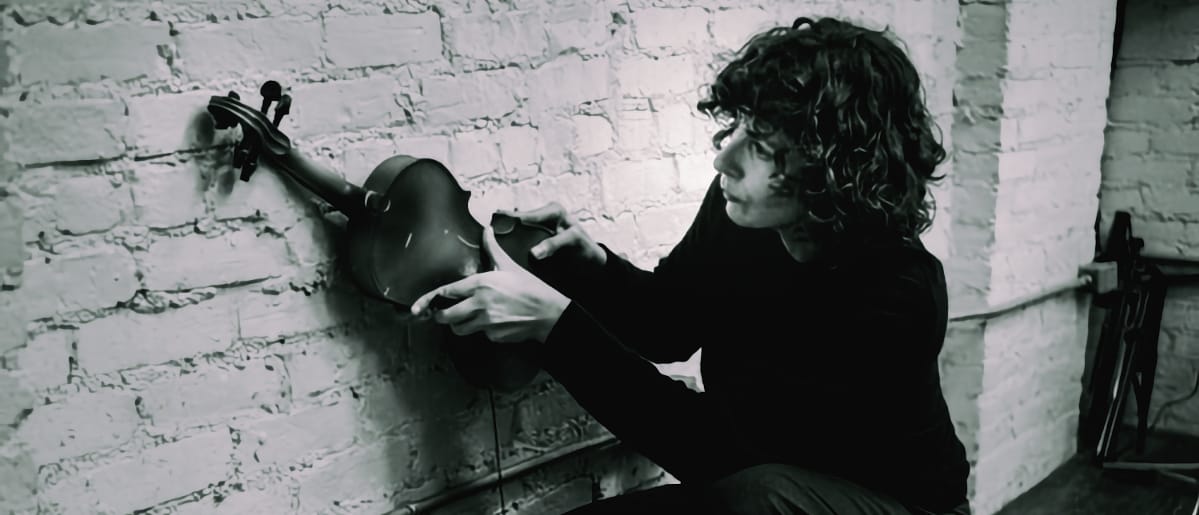
Comments